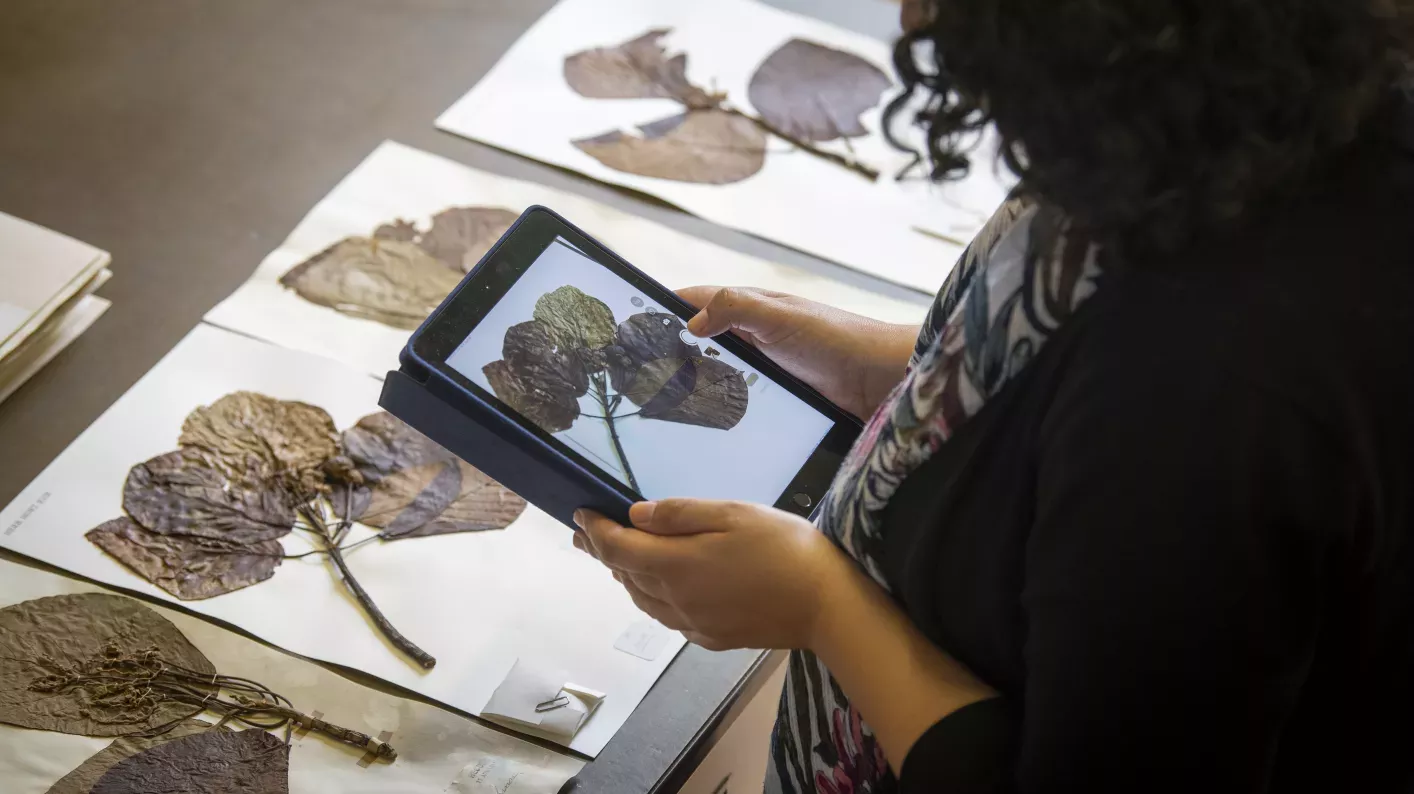
Accelerated Taxonomy
Accelerating the characterisation and identification of plant and fungal species
Meet the department
This expert-led course for plant scientists interested in developing their taxonomic skills, to undertake research such as taxonomic revisions, new species descriptions or floristic treatments. In addition, successful candidates will learn about a range of plant conservation outputs to increase the impact of their taxonomic work.
The course runs in a hybrid online/in-person format, with three weeks of online content and two weeks of practical learning, including the development of a taxonomy project in the local herbarium, and a one-day field trip to a local reserve.
This course is organised by the Royal Botanic Gardens, Kew, in collaboration with local universities or institutions. It aims to be held every year but each year in a particular region: Africa, Latin America and Asia.
The course is tailored for plant scientists interested in developing their taxonomic skills, to undertake research such as taxonomic revisions, new species descriptions or floristic treatments. In addition, successful candidates will learn about a range of plant conservation outputs to increase the impact of their taxonomic work.
Students will benefit from remote access to online content, and one-on-one teaching with Kew experts in taxonomy and conservation.
Successful applicants will receive financial support to cover transport, accommodation and visa expenses for travel to attend the in-person modules, and necessary equipment will be provided by the organisation (such as hand lenses and bibliography). Participants are encouraged to bring their personal laptops.
Course breakdown


Applications for 2024 (Asia) are now open. Fill in online application form (https://forms.office.com/e/jc85FsvWu5).
Only shortlisted applicants will receive emails later in early February 2024 with further actions.
The requirements are:
Applicants must be citizens of Bhutan, Indonesia, Malaysia, Myanmar, Papua New Guinea or the Philippines. The course will be taught mainly in English, therefore fluency in English is required.
If you have any questions, please email sciencetraining@kew.org, with the subject "Plant Taxonomy Course: Question".

Accelerating the characterisation and identification of plant and fungal species
Meet the department
Kew’s Herbarium contains around seven million preserved vascular plant specimens. These specimens contain a wealth of information about plants that have been collected around the world over the past 170 years.
Discover our Herbarium